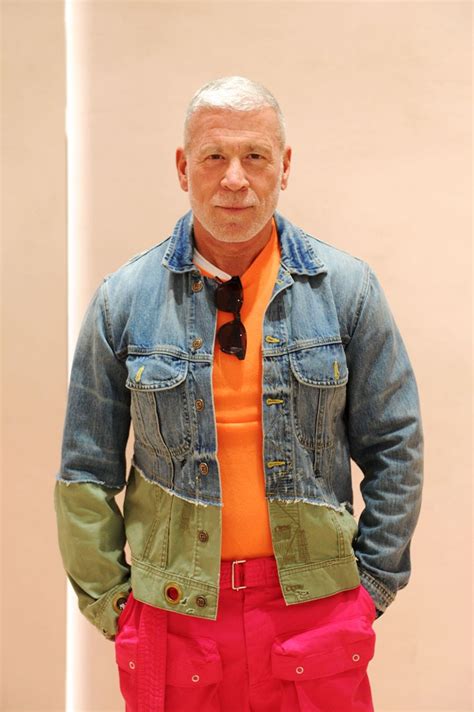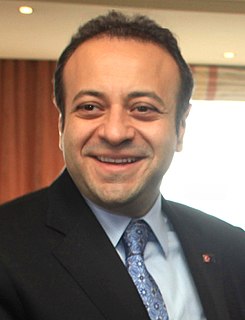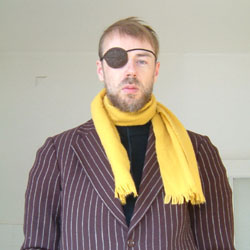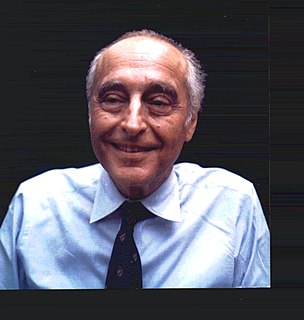A Quote by Wislawa Szymborska
I'm fighting against the bad poet who is prone to using too many words.
Related Quotes
In the blood-heat of pursuing the enemy, many people are forgetting what we are fighting for. We are fighting for our hard-won liberty and freedom; for our Constitution and the due processes of our laws; and for the right to differ in ideas, religion and politics. I am convinced that in your zeal to fight against our enemies, you, too, have forgotten what you are fighting for.
Turkey is united against terror. People from left and right, men, women, children, different ethnicities, different religious groups are all united, and they're all condemning terrorism. We have been fighting against PKK terrorism. We're fighting against Daesh, ISIS. We're fighting against FETO. We're fighting against the HKPC. So we know how hard dealing with terrorism is.
Imagination in a poet is a faculty so wild and lawless that, like a high ranging spaniel, it must have clogs tied to it, lest it outrun the judgment. The great easiness of blank verse renders the poet too luxuriant. He is tempted to say many things which might better be omitted, or, at least shut up in fewer words.
One of the appeals of William Carlos Williams to me is that he was many different kinds of poet. He tried out many different forms in his own way of, more or less, formlessness. He was also a poet who could be - he was a love poet, he was a poet of the natural order and he was also a political poet.
There are some people that aren't into all the words. There are some people who would have you not use certain words. Yeah, there are 400,000 words in the English language, and there are seven of them that you can't say on television. What a ratio that is. 399,993 to seven. They must really be bad. They'd have to be outrageous, to be separated from a group that large. All of you over here, you seven. Bad words. That's what they told us they were, remember? 'That's a bad word.' You know bad words. Bad thoughts. Bad intentions.







































